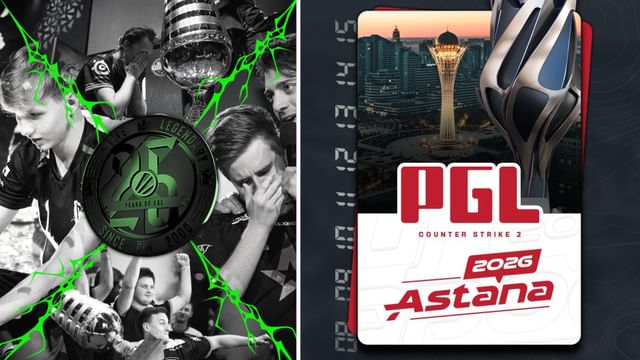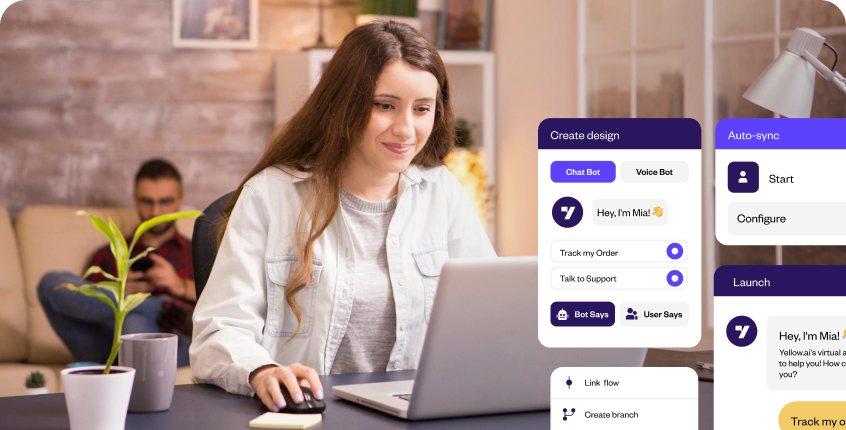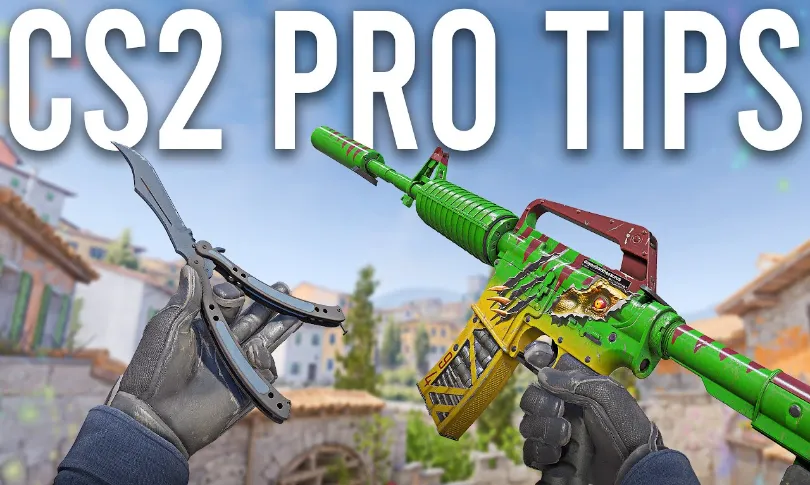AI Aim Assist in CS2: Is it the End of Fair Play?
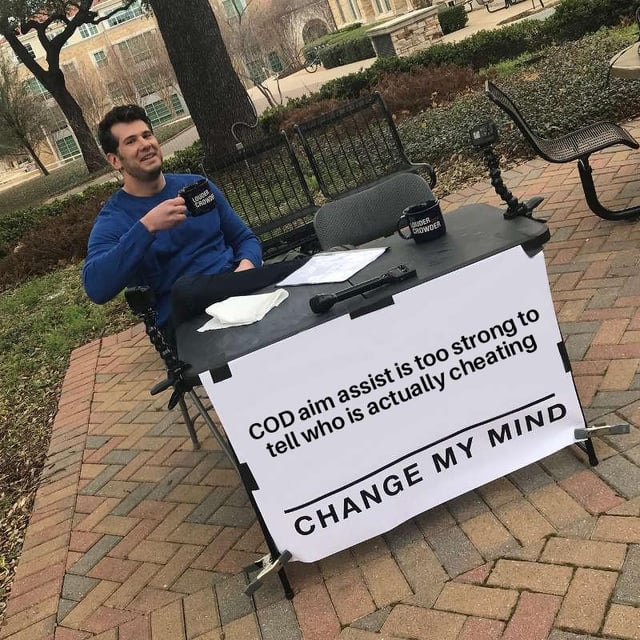
Look, I've been hitting headshots since before most of you were born. I know what a lucky flick looks like, and I know when something feels off. This AI aim assist crap is getting out of hand. We're seeing accusations thrown around, like the recent ones aimed at ZywOo, and honestly, it's got me worried about the future of Counter-Strike 2 esports. I’m Grim, and for those who don't know me, I spent my prime years grinding in CAL-Invite back in the 1.6 and Source days. Now, I review PC hardware, especially mice and keyboards, for a living. I've seen all sorts of gimmicks and "game-changing" tech come and go, and let me tell you, I approach all of it with a healthy dose of skepticism. This AI aim assist, though? This feels different. This feels like a real threat to the competitive integrity of the game we all love.
The Silent Killer: How AI Aim Assist Works
The problem isn't that these guys are locking onto heads like robots. We've seen blatant aimbots before, and those are usually pretty easy to catch. The real danger with AI aim assist is its subtlety. It's not about instant headshots; it's about consistency. The AI is making micro-adjustments, smoothing out their aim, making them consistently good. That's damn near impossible to prove with current anti-cheat.
Think about it: these algorithms can analyze a player’s movement, their crosshair placement, and even the enemy's predicted behavior. They can then make tiny corrections, almost imperceptible to the naked eye, that give a player a significant advantage. We're talking about shaving milliseconds off reaction times, ensuring that recoil control is always perfect, and predicting enemy movements with unnerving accuracy.

Imagine a scenario where an AI subtly adjusts your crosshair to compensate for recoil while you're spraying an M4. Or it anticipates an enemy peeking a corner and nudges your aim just a fraction of a second before they appear. These advantages, while small individually, add up over the course of a match and can easily be the difference between a win and a loss.
Ethical Minefield: Is it Skill or Software?
The ethical implications of AI use in esports are massive. We're talking about the very definition of competitive integrity. If you can't tell the difference between a pro and a cheater, what's the point of watching? Esports thrives on the idea that the best players win because of their superior skill, strategy, and teamwork. If AI is leveling the playing field (or, more accurately, tilting it in favor of those who use it), it undermines the entire foundation of competitive gaming.
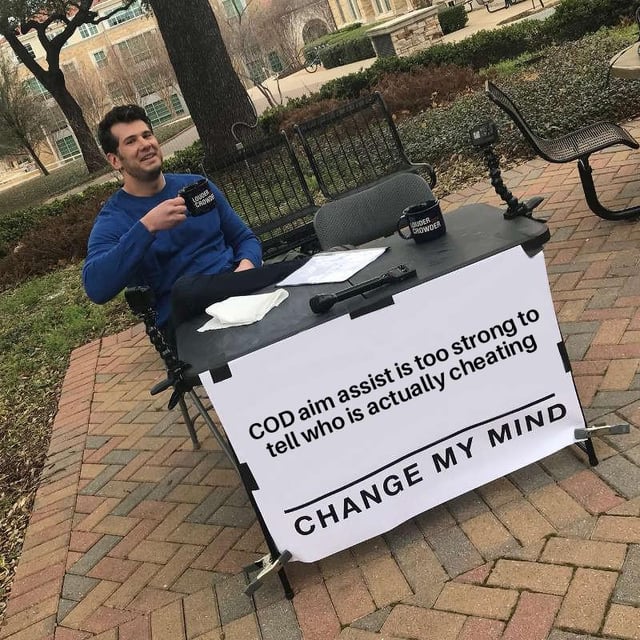
Furthermore, the rise of AI aim assist could fundamentally change the viewing experience. Part of the excitement of watching Counter-Strike 2 is witnessing incredible displays of skill, like a perfectly timed flick shot or a flawlessly executed spray transfer. But if those moments are being artificially enhanced by AI, they lose their impact. The awe and admiration are replaced by suspicion and doubt. The joy of watching is replaced by the constant question: "Is this real, or is it just an algorithm doing the work?"
Fighting Fire with Fire: Potential Solutions
So, what can be done? The answer isn't simple, but it's clear that the current anti-cheat systems aren't cutting it. We need to go beyond just looking for code. We need to analyze how players play. Valve needs to step up and invest in AI to fight AI.
Here are a few potential solutions:
- Advanced Behavioral Analysis: This involves using machine learning to analyze player behavior patterns, such as mouse movements, reaction times, and crosshair placement. By comparing a player's gameplay to a baseline of "natural" human behavior, anti-cheat systems could potentially identify anomalies that suggest AI assistance.
- Machine Learning-Based Anti-Cheat Systems: Develop AI-powered anti-cheat tools that can learn to identify the subtle characteristics of AI aim assist. These systems could be trained on massive datasets of gameplay footage, both legitimate and cheating, to improve their accuracy and effectiveness.
- Stricter Hardware Regulations: Implement stricter regulations on gaming peripherals, such as mice and keyboards, to prevent the use of AI-powered hardware modifications. This could involve requiring manufacturers to implement security measures that prevent unauthorized software from interacting with their devices.
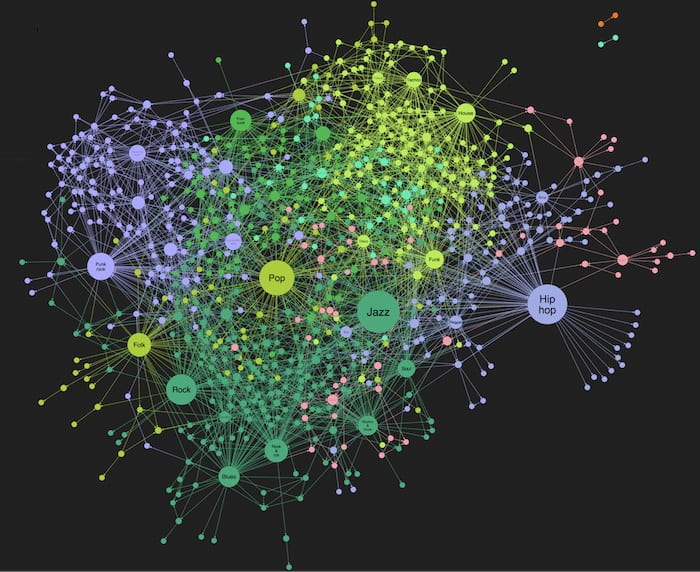
However, these solutions aren't without their challenges. One of the biggest concerns is the potential for false positives. We need to be absolutely sure that we're not accusing innocent players of cheating based on imperfect AI analysis. The consequences of a false accusation could be devastating, ruining a player's career and reputation.
The Future of CS2: Transparency and Collaboration
Ultimately, addressing the threat of AI aim assist will require a collaborative effort between players, developers, and anti-cheat providers. We need greater transparency from Valve about their anti-cheat efforts, and we need players to come forward with any suspicions or evidence they may have.
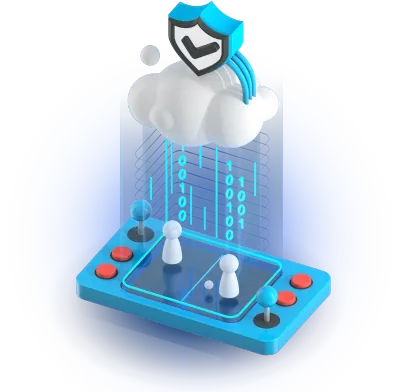
This isn't just about catching cheaters; it's about preserving the integrity of Counter-Strike 2 and ensuring that the game remains fair and enjoyable for everyone. CS has always been about skill. Let's not let some damn algorithm ruin it. It's time to get serious about this issue and protect the future of Counter-Strike 2 esports.
